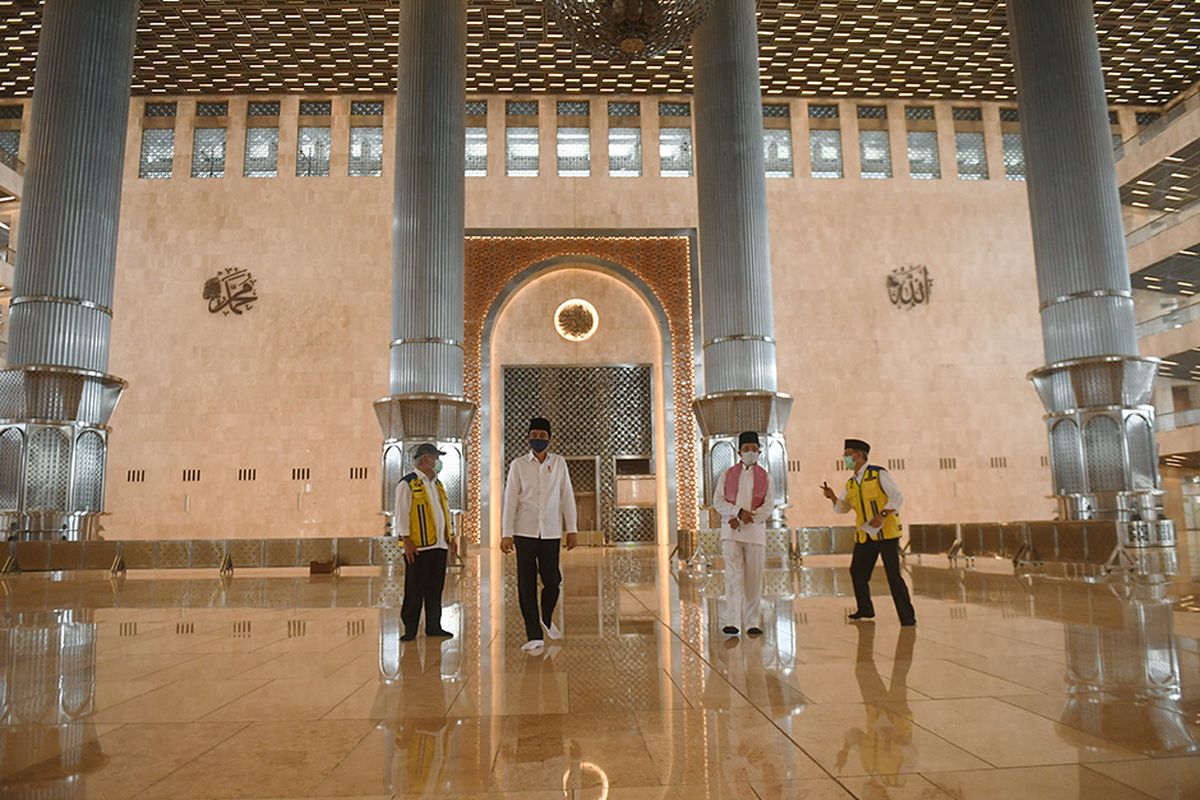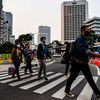Eid al-Adha Celebrations Must Go On Despite Coronavirus Pandemic

DUBAI, KOMPAS.com — On Friday, Muslims worldwide marked the Eid al-Adha holiday amid the coronavirus pandemic that has impacted this year’s hajj pilgrimage and celebrations.
Small groups of pilgrims performed one of the final rites of the Islamic hajj in Saudi Arabia.
The last days of the annual pilgrimage to Mecca in Saudi Arabia coincide with the four-day Eid al-Adha, or “Feast of Sacrifice,” in which Muslims slaughter livestock and distribute the meat to the poor.
The pandemic has pushed millions of people around the world closer to the brink of poverty, making it harder for many to fulfill the religious tradition of purchasing livestock.
Read also: Saudi Arabia Hosts Scaled-Down Hajj Pilgrimage in 2020
In Somalia, the price of meat has slightly increased. Abdishakur Dahir, a civil servant in Mogadishu, said that for the first time he won't be able to afford goat for Eid because of the impact of the coronavirus pandemic on work.

“I could hardly buy food for my family," Dahir said. “We are just surviving for now. Life is getting tougher by the day."
In some parts of West Africa, the price for a ram has doubled. Livestock sellers, used to doing brisk business in the days before the holiday, say sales have dwindled and those who are buying can’t afford much.
“The situation is really complicated by the coronavirus, it’s a tough market,” Oumar Maiga, a livestock trader in Ivory Coast said. “We are in a situation we’ve never seen in other years.”
The hajj pilgrimage has also been drastically impacted by the Covid-19 virus.
Last year, some 2.5 million pilgrims took part, but this year as few as 1,000 pilgrims already residing in Saudi Arabia were allowed to preform the hajj.
The Saudi Health Ministry said there have been no cases of the Covid-19 illness among this year's pilgrims.
The government took numerous precautions, including testing pilgrims for the virus, monitoring their movement with electronic wristbands and requiring them to quarantine before and after the hajj.
Pilgrims were selected after applying through an online portal, and all had to be between the ages of 20 and 50 years old.
Just after dawn on Friday, small groups of pilgrims — masked and physically distancing — made their way toward the massive multi-story Jamarat Complex in the Saudi valley area of Mina. There, the pilgrims cast pebbles at three large columns.


































